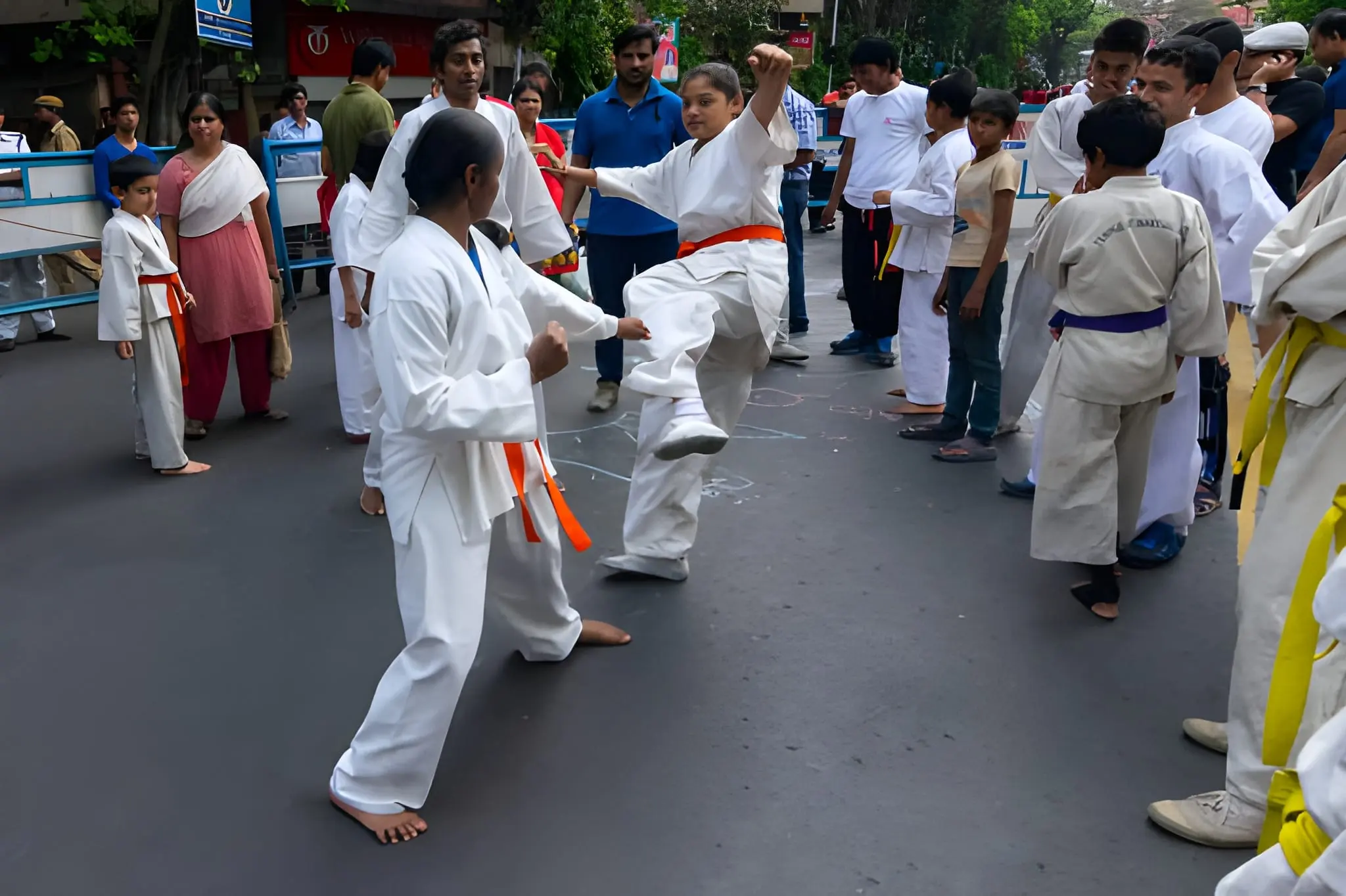Can Martial Arts Help City Dwellers Reconnect with Discipline in a Distracted Age?
The City of Distraction
Modern life in cities is built for speed. Between long work hours, social media notifications, and endless digital noise, it’s easy to feel constantly busy but rarely focused. The more connected people become, the more disconnected they often feel—from their own goals, health, and sense of purpose.
In this environment, practices rooted in focus, discipline, and mindfulness are gaining new relevance. Martial arts, once viewed mainly as self-defense or sport, is emerging as a holistic solution for modern burnout—especially among city dwellers searching for balance.
The Decline of Discipline in the Digital Age
Technology has changed how we think, work, and even move. With on-demand convenience everywhere, patience and persistence have become harder to maintain. People expect immediate results—whether from fitness apps, diet plans, or online tutorials.
Discipline, once cultivated through routine and repetition, now competes with distractions designed to hijack attention. The average person checks their phone over 90 times a day, fracturing concentration and reducing the ability to commit deeply to any single task.
It’s within this context that martial arts offers something increasingly rare: structure.
The Power of Structure and Routine
Unlike most fitness programs, martial arts emphasizes consistency and ritual. Students bow before entering the dojo, follow precise forms, and practice techniques repeatedly to refine them. These routines may seem small, but they reintroduce habits of focus and patience into daily life.
Progress in martial arts isn’t instant—it’s earned. Each belt level symbolizes dedication over time, reinforcing that mastery comes from persistence, not shortcuts. For city residents accustomed to immediate gratification, this lesson can be transformative.
Reconnecting the Mind and Body
Urban living often disconnects people from their bodies. Long hours at desks, sedentary commutes, and digital entertainment reduce physical awareness. Martial arts reverses that trend through movement that demands attention, coordination, and control.
Each punch, kick, or stance requires mindfulness—being fully present in the moment. Over time, practitioners develop an intuitive connection between thought and action, learning to control not just the body but the mind’s impulses.
This practice of embodied mindfulness has real-world benefits. Many students report reduced stress, better focus, and improved emotional regulation—skills that directly counteract the overstimulation of city life.
Building Discipline Through Challenge
In martial arts, discipline isn’t abstract—it’s built through effort. The training is demanding, often pushing practitioners beyond comfort zones. Whether it’s holding a stance longer, practicing a technique repeatedly, or sparring under pressure, each challenge teaches resilience.
Failure isn’t treated as defeat but as feedback. This mindset shift—seeing mistakes as part of growth—helps students develop mental toughness. Over time, this spills into other areas of life: work, relationships, and personal goals.
For people juggling urban chaos, martial arts becomes more than a physical outlet—it’s a framework for stability.
Community and Accountability
Another overlooked benefit of martial arts is its sense of community. In a city where social interactions often happen through screens, the dojo becomes a rare physical space for connection. Practitioners of all ages and backgrounds train side by side, supporting one another’s growth.
Accountability naturally emerges. When students show up late or skip training, it’s noticed—not in judgment, but in care. This mutual respect and shared discipline create an environment that reinforces commitment and belonging.
In a world where many feel anonymous despite being constantly connected, this community aspect can be deeply grounding.
Beyond Fitness: A Philosophy of Living
Martial arts transcends exercise. Its teachings—respect, patience, humility, and perseverance—translate into a philosophy for navigating modern life. It reminds practitioners that growth takes time, that strength is balanced by control, and that peace often comes through self-mastery rather than external validation.
For residents of fast-paced cities like Denver, this philosophy resonates deeply. The high-energy lifestyle, while exciting, can easily lead to burnout. Integrating martial arts into urban wellness culture offers a much-needed antidote: a slower, more intentional way of living.
Many schools, including those teaching martial arts Denver residents practice, are blending traditional forms with modern wellness principles—integrating mindfulness, functional fitness, and mental training to help students thrive both inside and outside the dojo.
Finding Focus in Motion
In an era of constant distraction, the pursuit of discipline has never been more valuable—or more elusive. Martial arts offers a path back to it, not through force, but through focused repetition, respect, and personal growth.
By engaging the body to train the mind, martial arts helps city dwellers rediscover what it means to be centered, resilient, and intentional. It reminds us that discipline isn’t about rigidity—it’s about alignment between what we value and how we act.
In a world that moves faster every day, martial arts provides a rare gift: the power to slow down, focus, and move with purpose again.
Also read-10 Essential Tools Every Homeowner Should Own for DIY Success

